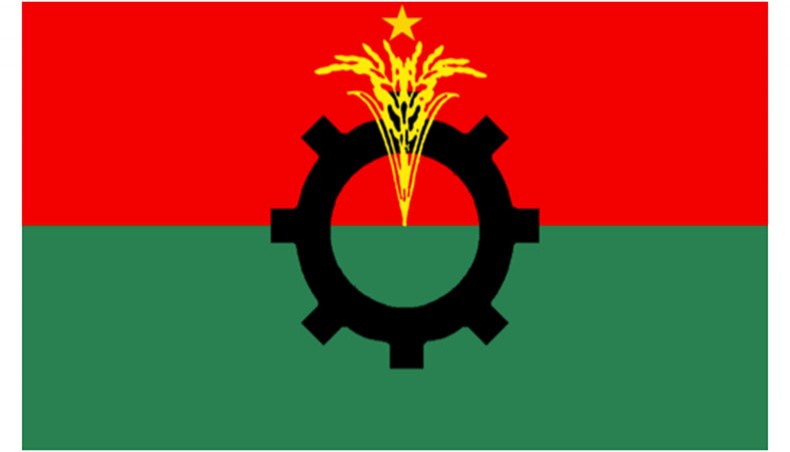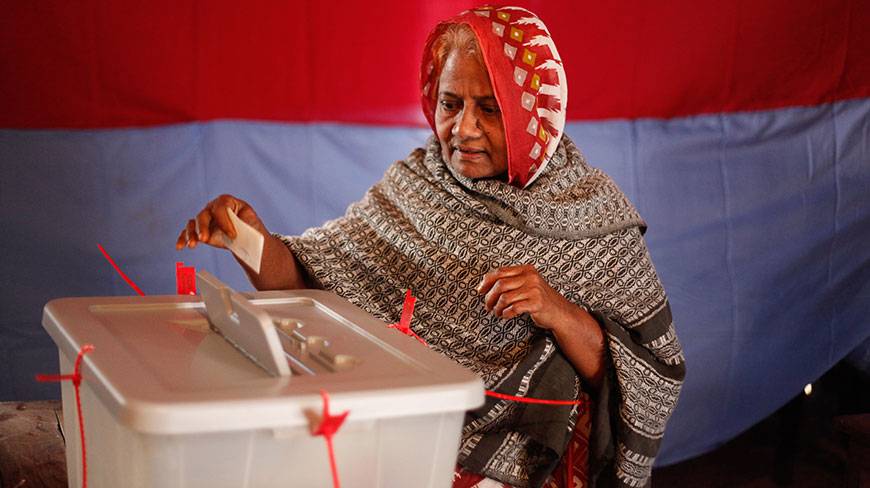
The main opposition Bangladesh Nationalist Party is planning to organise some programmes to popularise its previously announced 31-point democratic reform agenda among the people and the party’s grassroots.
The party policymakers are planning to hold various programmes, including discussions, seminars, and other indoor and outdoor events across the country after the month of Ramadan, as the party is looking to resume its one-point movement to oust the Awami League from power.
‘There is no confusion about the movement. One-point movement is still ongoing, but we are planning to give some focus to our reform ideas as they need to be made popular and understandable by the country’s people,’ BNP standing committee member Amir Khasru Mahmud Chowdhury told New Age.
He said that as BNP and other democratic political parties finalised the 31-point charter for the betterment of the people, people should be aware of the proposals.
‘Many of our leaders and activists are still in prison, and many have been released in poor health. So we need some time to organise the whole thing. That’s why we think informing the people about our proposals is important,’ he said, adding that the one-point is a must for implementing the 31-point.
BNP publicity secretary Shahid Uddin Chowdhury Anee told New Age that the party’s central committee and its media cell would organise the programmes to make the state reform programmes popular.
‘Now our preparatory work is going on. After Eid, we will take it to the grassroots level with the common people and activists,’ he said.
The programme will start in the capital, Dhaka, and will be gradually expanded to the divisional cities, he said, adding that apart from seminars, short videos will also be made and presented to the public through social media platforms.
‘At the same time, whether there is a need for new additions to this outline, the opinion of professionals and civil society will be taken,’ he said.
Before the 12th parliamentary elections, in July last year, the BNP unveiled a 31-point outline aimed at reforming the constitution and state system and ensuring economic emancipation.
At that time, BNP said that after winning a free, fair, impartial, acceptable, and participatory election, a public welfare-oriented government of national consensus would be formed, comprising the political parties that were participating in the anti-government movement to restore people’s ownership of the country.
The party said that an inclusive, non-discriminatory, and harmonious government would be established based on Bangladeshi nationalism, combining all views and paths. For this reason, a new type of social agreement for the future should be reached based on discussion, exchange of views, and mutual understanding. A committee will be constituted for this purpose.
An ‘electoral, non-partisan caretaker government’ system will be introduced to institutionalise the democratic process.
The executive powers of the prime minister and the ministers will be balanced. The powers, responsibilities, and duties of the executive department, legal department, and judicial department will be coordinated to establish the balance of state power.
The BNP’s proposal said that no one could serve as prime minister for more than two consecutive terms.
In addition to the existing parliamentary system, an ‘Upper House Legislature’ will be introduced in the parliament, comprising eminent citizens of the country, distinguished academics, professionals, political scientists, sociologists, and people with administrative experience, to manage the state with expert knowledge, it said.
The BNP proposal also said that the issue of amending Article 70 of the Constitution will be examined to ensure the freedom of opinion of members of parliament on all matters other than the vote of confidence, the money bill, the constitution amendment bill, and matters involving national security.
new age









